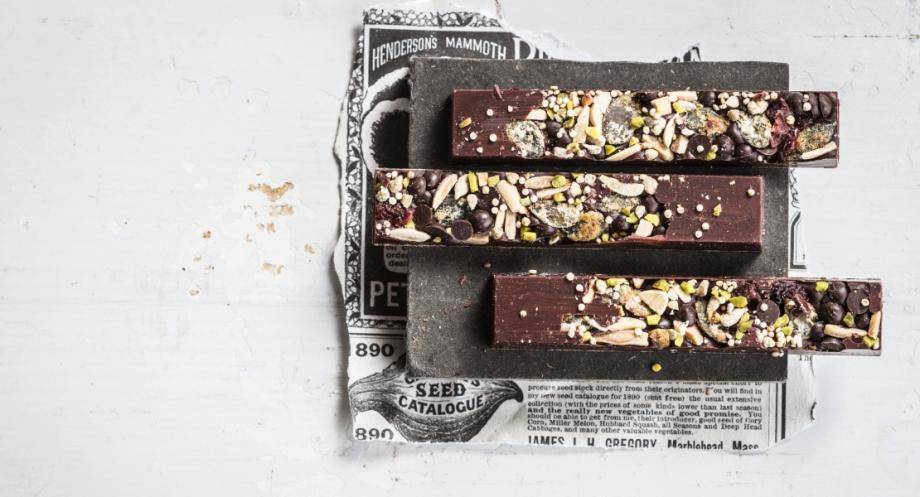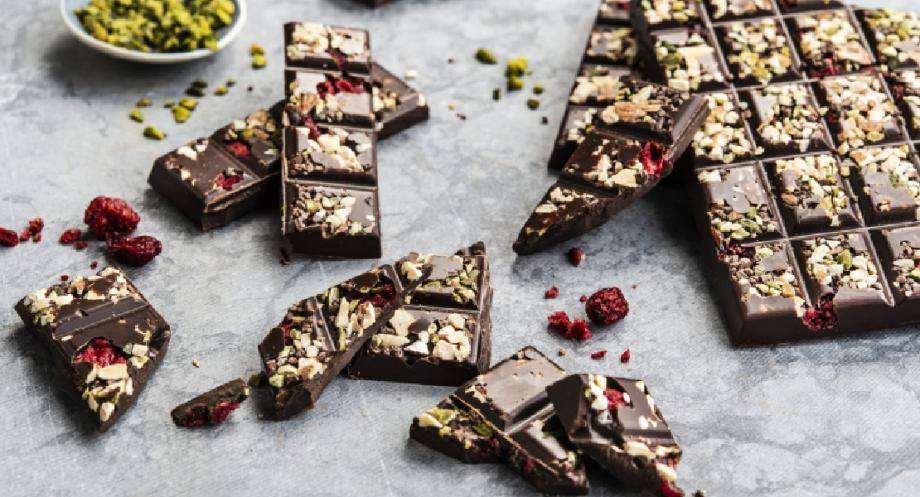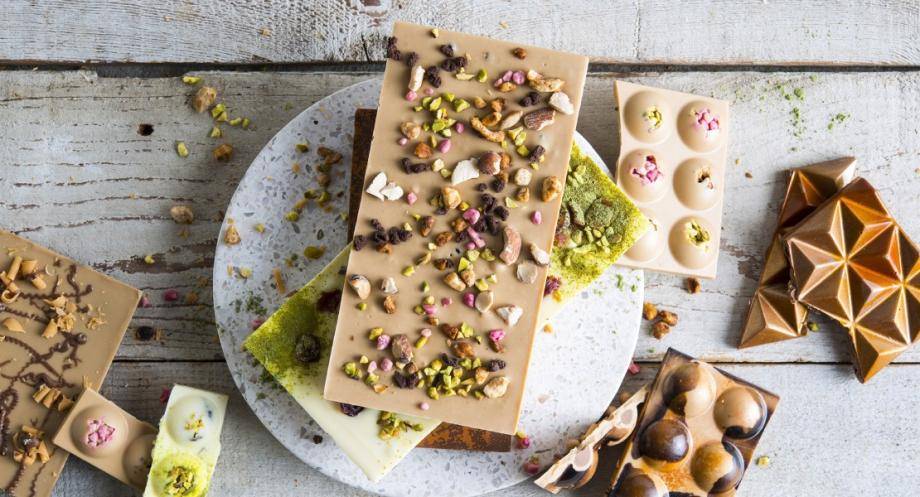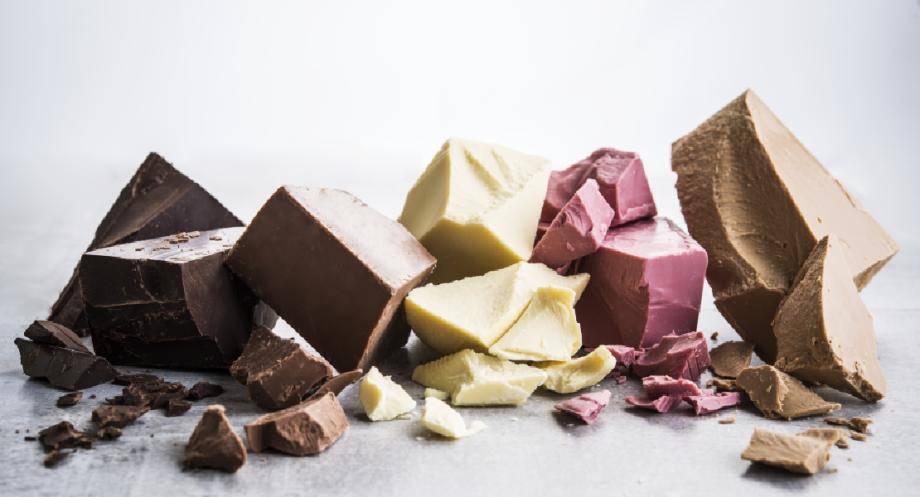
Definition and main characteristics of the two groups and shared common ground
“Millennials are so entitled and spoiled - life isn’t a bowl of cherries!” or “Centennials were able to swipe on an iPhone before they were able to speak.” These are the stereotypes that are commonly thrown around about GenY and GenZ. Older generations are convinced these stereotypes are true and Millennials and Centennials are tired of hearing the complaints. So what are the main characteristics of these two generations?
In this month’s Chips and Chunks of Insight newsletter, we will highlight the unique characteristics of both consumer generations, their commonalities and most importantly, how you as a business can maximize success by taking into account their preferences.

Gen Y
Generation Y, often referred to as Millennials, has become the most powerful consumer generation. Born between 1980 and 19941, they have become adults with their own value system and companies are competing for their spending power.
Millennials grew up empowered by the emergence of the internet: The world and knowledge at their fingertips 24/7. On one hand, this made them curious and open-minded for new experiences and excited to try out new foods. On the other hand, the transparency and access to information has allowed this generation to keep businesses accountable for their promises and sourcing practices.

Trust plays a key role for millennial consumers. Gen Yers want to know every ingredient used in their meals, how those ingredients were grown and sourced, and whether the people in the value chain were treated fairly. Many big brand corporations were slow in adopting and playing towards these demands and needs. Instead, small niche companies were delivering on their promises. Small companies made consumers feel like they were directly making a positive impact on the lives of farmers and workers at the beginning of the supply chain. As a result, small companies became the preferred choice of many millennial consumers2. Small companies were also the first that offered all organic product lines, tackled industry issues or simply even created awareness for these issues.
Organic, Non-GMO, no additives, all-natural are claims Millennials seek out and finally, the big brands have caught up making these products increasingly common on retail shelves.
This is a unique opportunity for large companies to regain trust from Millennial consumers as they overwhelmingly value the impact of their purchasing power on companies’ decision making and business strategies.

Gen Z
Similarly to Gen Y, Gen Z - or Centennials - have had the world at their fingertips. They are the digital natives, who feel even more at home in the digital world than Millennials. They allegedly learned to swipe before they could say their first word and might have clicked “add to cart” more often than actually put an item into a grocery cart. They are disruptors3 catapulting the status of previously anonymous Gamers, TikTokers into celebrities. Older generations often use these generational descriptors in a deprecating way, but in reality, Gen Zers are enabled, savvy and very aware consumers.

Centennials are commonly listed as born between 1995 - 20104, and while their spending power is not the size of that of Millennial consumers, their preferences drive change in the food industry nonetheless.
A bit less idealistic and more pragmatic than Gen Y consumers, Gen Zers are aware of issues around the globe and choose to buy from companies that reflect their values5 regardless of size. Even more so than the previous generation, Centennial consumers are looking for the perfect fit. Is your company in line with their values, prepared to shift business strategy to understand and meet their needs and help Gen Y express themselves?

Commonalities
Millennial consumers and Centennial consumers have unique characteristics, but also many similarities that go beyond their shared familiarity with social media.
Channel authenticity, sustainability and customizability to gain the following of both consumer generations. As a food company in particular, one thing is important to keep in mind: Never sacrifice taste. For Gen Y and Gen Z taste and nutrition must go hand in hand. Moreover, both groups stress the importance of environmental awareness. The question is: is it good for me and is it good for the planet?
Consumer research shows that Gen Z and Gen Y alike report that their trust in companies is strengthened when companies demonstrate social responsibility. A 2019 Salesforce Research Study estimated that 54% of global Gen Z are concerned about the sustainability of the planet and 68% of Millennials said they actively seek out sustainably produced ice cream (vs. 36% of the total population)6.

On top of trying to be in sync with their surroundings, Millennials & Centennials alike celebrate life: positive life, positive attitude, positive products. They crave new experiences and are hungry for intense sensorial delights. What does that mean for food experiences? Unexpected combinations, unique & novel ingredients, different shapes & forms are desired by both consumer generations. Brands and products that provide experiences like the ones listed above not only gain a loyal Millennial or Centennial, but they also gain a consumer who is willing to pay a premium7.
